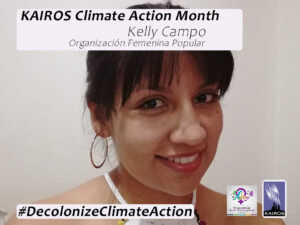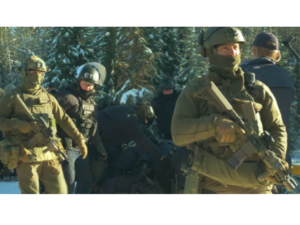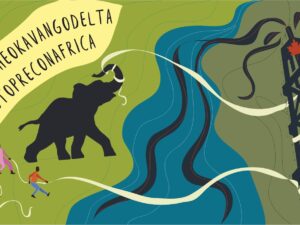Lawsuits on mining-related abuses will test limits of Canadian law
Four groundbreaking lawsuits have been launched in Canada over the past two years by plaintiffs alleging that they or their family members suffered grave human rights violations linked to the activities of Canadian mining companies operating abroad. KAIROS is hopeful that these cases will test the limits of existing law and of the Canadian justice system.
Efforts to hold Canadian resource extraction companies accountable when they commit human rights abuses or environmental damage abroad faced a major setback when Bill C-300 was narrowly defeated last October in the House of Commons. But communities affected by Canadian mining companies are not waiting around for lawmakers in Canada.
Three of the lawsuits, all involving conflicts in Latin America, have been launched with the help of Toronto lawyer Murray Klippenstein. The first suit, Ramirez v. Copper Mesa, was dismissed in Ontario court in March 2011 on grounds that duties of the company’s directors and the Toronto Stock Exchange did not extend to ensuring the safety of Ecuadorian villagers who were allegedly attacked by armed men sent in by the company. Another two cases involving Toronto-based HudBay Minerals Inc., whose Fenix mine project in Guatemala has been the scene of forced evictions and allegations of gang rape of local women by company security guards, are still before the courts.
The fourth lawsuit was launched in Quebec court last November as a class action against Anvil Mining Ltd. The plaintiffs are family members of Congolese villagers who were massacred by the Congolese military in a raid that was allegedly carried out with assistance from Anvil Mining.
The Anvil case set an important legal precedent in Canada when, in April 2011, the judge ruled that Quebec was the appropriate jurisdiction to hear the case. Previous attempts to hold Canadian corporations accountable in Canada have been tossed out on grounds that the cases should be heard in the country where the acts were committed. Yet, very often these countries have weak judicial systems or lack the political will to address such cases. As Judge Benoît Emery stated his decision in the Anvil case: “In fact, at this stage of the proceedings, everything indicates that if the Tribunal dismissed the action […], there would exist no other possibility for the victims to be heard by civil justice.”
KAIROS recently hosted an ecumenical conference on mining in Toronto, which brought together church leaders and community representatives from more than 20 countries affected by Canadian mining activity. Several church leaders from the global South delivered a strong message to Canadians that our country, as a world leader in resource extraction, has both the opportunity to raise global standards and the duty to offer access to justice for those who have been harmed.
You can learn more about the lawsuits at the following websites:
Ramirez v. Copper Mesa (Ecuador)
Choc v. HudBay Minerals Inc. & Caal v. HudBay Minerals Inc. (Guatemala)
Anvil Mining class action lawsuit (Democratic Republic of Congo)
en français
——-
For more information contact:
Ian Thomson
Program Coordinator, Ecological Justice through Corporate Accountability
ithomson@kairoscanada.org
613-235-9956 x 222












